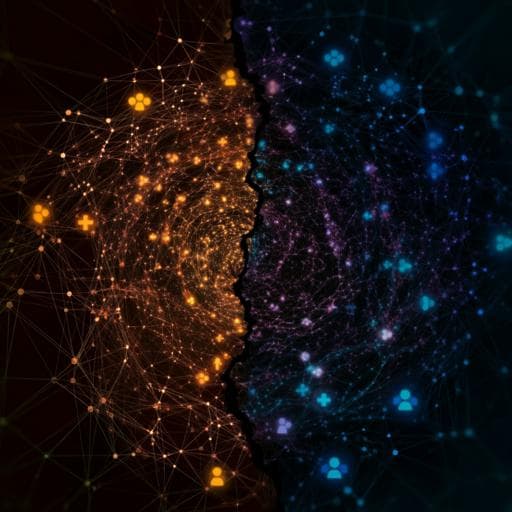
Health and Fitness
A tale of two pandemics: evolutionary psychology, urbanism, and the biology of disease spread deepen sociopolitical divides in the U.S.
L. A. Kuznar
This study by Lawrence A. Kuznar dives into the intricate factors driving COVID-19's spread in the U.S., revealing how social learning experiences have intensified political divides amidst the pandemic. The research highlights the differences in urban and rural responses and proposes innovative strategies for improving pandemic responses.
Related Publications
Explore these studies to deepen your understanding of the subject.







